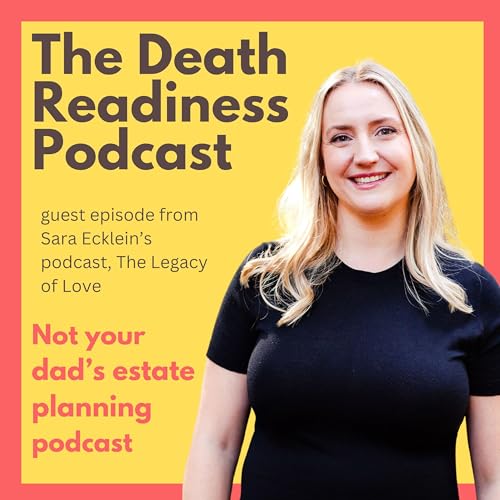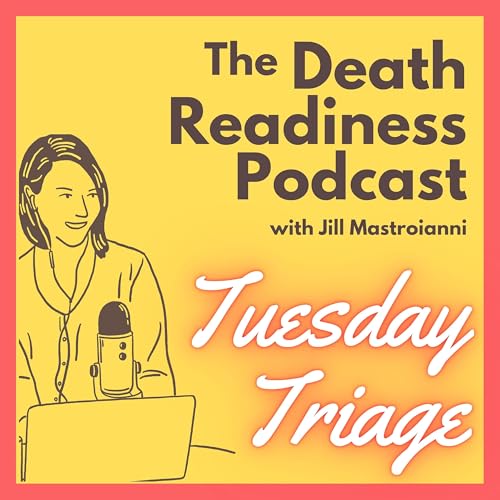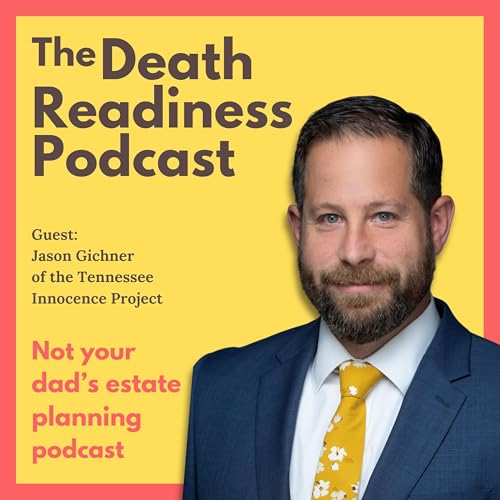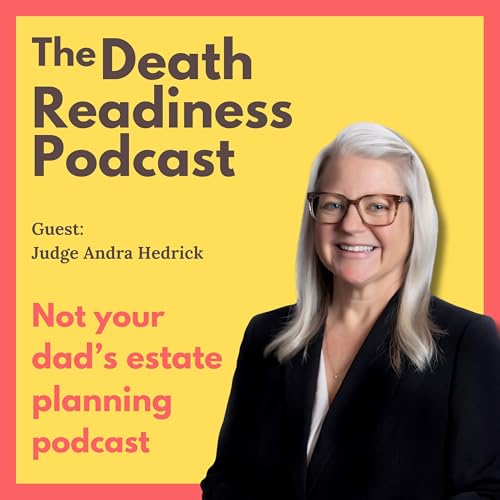Finding the right estate planning attorney can feel overwhelming and choosing the wrong one can cost you time, money, and peace of mind. In this Tuesday Triage episode, I walk you through six practical steps to help you identify the right fit for your needs, avoid common pitfalls, and trust your instincts throughout the process. Whether your estate is simple or more complex, these tips will give you clarity and confidence in choosing the attorney who can best serve you and your family.
What Jill discussed
·Why referrals are a great starting point but not the finish line. Referrals from trusted friends, advisors, or professionals can point you in the right direction, but they shouldn’t be the only factor in your decision. You still need to do your own due diligence and trust your gut.
·How to match the attorney’s experience to your unique needs. Many people think their estate is “simple,” but often it’s more complex than it appears. Jill breaks down what circumstances generally qualify as a “simple estate,” what makes an estate more complicated (tax planning, business ownership, beneficiaries with special needs, blended families, family vacation properties), and why the distinction matters when choosing an attorney.
·The role of clear communication. Estate planning comes with lots of legal jargon. A good attorney explains things in plain language, helps you understand how legal changes impact your plan, and leaves you feeling more confident, not more confused. Jill share tips on how to test this before you hire someone.
·Why experience makes a difference. Beyond knowing the law, seasoned attorneys have seen how family dynamics and real-life complications play out. That experience allows them to anticipate problems, avoid mistakes, and guide you through both the expected and the unexpected.
·Looking for a clear process and transparent pricing. A solid estate planning attorney doesn’t just draft documents — they help make sure your plan actually works by funding trusts and aligning beneficiary designations. Jill talks about flat fees vs. hourly billing, what you should expect in a quote, and how to make sure there are no surprises.
·Why comfort and trust are non-negotiable. You’ll be sharing some of your most personal details with your attorney. You need someone you feel heard and respected by, and someone who moves at a pace that feels right for you. Credentials matter, but so do instincts, and ignoring them can be costly.
Resources and Links
- Estate Planning Support Services – Learn how I can help you get organized, vet attorneys, prepare for meetings, and make sure your plan is clear and ready to implement.
- Podcast episode referenced: Why You Shouldn’t Worry About the Estate Tax
- Podcast episode referenced: Why You Need (or Don’t Need) a Trust
- Video referenced: Do You Need a Will?
This podcast provides estate planning guidance for women and discusses real, practical issues, from caregiving, pre-planning a funeral, how to avoid probate using beneficiary designations, planning for individuals with special needs (and special needs trusts), whether you need a professional fiduciary (trustee or executor), how the estate tax works and how to preserve your legacy.
Tuesday Triage episodes answer questions from listeners like you, from powers of attorney, healthcare advance directives (and whether they work when you’re pregnant), what a Last Will and Testament really is, whether you need a trust, how Medicaid works and how to have senior and elder care conversations and how to care for aging parents.
Disclaimer: This podcast and all related content are for educational purposes only and do not constitute legal advice. No attorney-client relationship is established here. Use of this information without careful analysis and review by your attorney, CPA, and/or financial advisor may cause serious adverse consequences. For legal guidance tailored to your unique situation, consult with a licensed attorney in your state.
 35 min
35 min 14 min
14 min 14 min
14 min 46 min
46 min Sep 2 202517 min
Sep 2 202517 min 13 min
13 min 40 min
40 min 12 min
12 min
